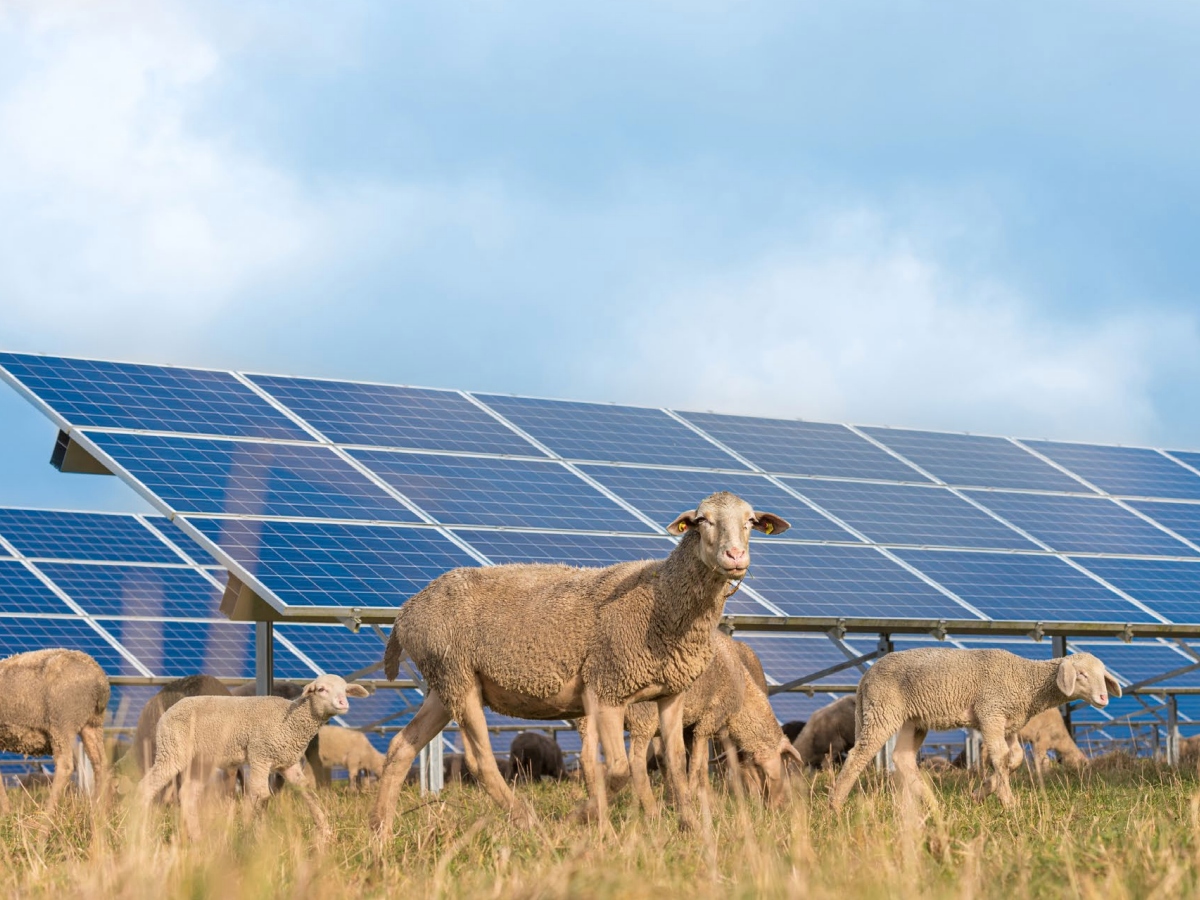The latest report and modelling from Nexa Advisory: Gas-fired Electricity Generation is a Bridge, Not a Destination, outlines how ongoing delays in building renewable generation, transmission and storage infrastructure risks increasing Australia’s reliance on gas-fired generation.
While gas has a role, it is limited and remains one of the most expensive and emissions-intensive fuel sources in the national energy market.
Over-reliance on gas could increase wholesale electricity costs by up to $115.7 billion – a trajectory Australia is currently on due to mounting project delays.
“Delays to the build out of renewable energy generation, transmission and storage to back up forecastable energy sources like wind and solar, risks an over reliance on expensive gas generation which could increase wholesale costs to $115.7 billion compared to an orderly transition.
“This means that wholesale costs would increase by 15.7% and 21.5% on average until 2050 under the current trajectory.”
The report’s key findings include:
- Major delays result in greater reliance on additional gas – up to 2.8 GW of additional gas capacity could be required if transmission and renewables continue to be delayed.
- Reliance on gas will be expensive – annual gas consumption could increase by as much as 107 PJ by 2030. Relying on gas for electricity generation is neither simple nor cost-effective given constraints on supply chains for new gas turbines, and already constrained pipelines
- Gas will play a limited back-up role in the future – and will continue to provide reliability and security support, but batteries and energy storage are increasingly substituting gas peaking plants.
- There is no silver bullet – but targeted alternatives will be needed to get the transition back on track. These include fast-tracked intra-regional and ‘virtual’ transmission to unlock grid capacity to connect 4.3-8 GW of renewable generation per year through 2030 and avoid up to 2.8 GW of additional gas capacity.
- Delays are costing households and businesses – major transmission delays will increase wholesale electricity costs by $84.6 billion above an orderly buildout. This increases to $115.7 billion if there are more severe intra-regional delays to renewable generation projects in Renewable Energy Zones.
- Coal extensions are incompatible with Australia’s emissions trajectory – coal-fired generation is responsible for 77-84% of total electricity sector emissions to 2050.
The message is clear: Australia can’t afford a delayed transition, and extending old coal plants only deepens the problem. The fastest, cheapest path forward is renewables backed by storage, supported by clear policy, faster approvals and market-led transmission.
Read the full report here and the modelling report here.
Nexa is an advisory firm with an unwavering focus on accelerating the clean energy transition, in a way that provides secure, reliable, and affordable power for consumers of all types.
Nexa Advisory is a team of experienced specialists in the energy market, policy and regulation design, stakeholder engagement, and advocacy. Nexa works with public and private clients including renewable energy developers, investors and climate impact philanthropists to help them get Australia’s clean energy transition done.

